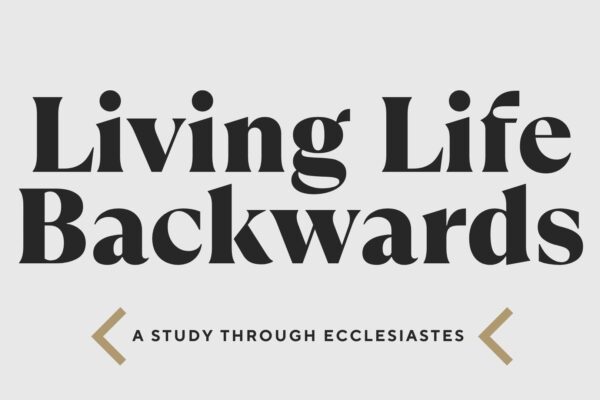Defense Mechanisms: What Are We Protecting?
We all have defense mechanisms that we use to guard our insecurities. For me, it’s acknowledging my flaws before anyone else can point them out—“beating them to the punchline.” But this self-protective strategy can prevent us from fully engaging with others and, more importantly, with God’s purpose for our lives. It’s essential to reflect on what we’re trying to protect with these mechanisms. Are we afraid of being judged? Of failing? Of being seen as inadequate?
David’s Encounter with Insecurity
Let’s turn to 1 Samuel 17, where we find David facing not just the giant Goliath, but also the doubts and scorn of those closest to him. David’s older brother, Eliab, questions his motives and belittles his responsibilities, saying, “Why have you come down here? And with whom did you leave those few sheep in the wilderness?” (1 Samuel 17:28). This stinging rebuke from someone who knew David well must have hurt deeply. Eliab’s words weren’t just dismissive—they were meant to cut at the core of David’s identity.
Even King Saul, the leader of Israel, doubted David’s capability, saying, “You are not able to go out against this Philistine and fight him; you are only a young man” (1 Samuel 17:33). David’s experience is a reminder of the fear we all face: the fear of being told we’re not enough, that we’re too weak, too inexperienced, too flawed.
Humility: Seeing Ourselves Through God’s Eyes
In the face of these doubts, David could have retreated into insecurity. But instead, he responded with humility—not a false modesty that downplays his abilities, but a genuine acknowledgment of God’s power in his life. David recounts how he has faced lions and bears while tending his father’s sheep, but he credits his success to God’s deliverance: “The Lord who rescued me from the paw of the lion and the paw of the bear will rescue me from the hand of this Philistine” (1 Samuel 17:37).
Humility, in this context, means seeing ourselves with sober judgment—acknowledging our strengths and weaknesses—and placing God at the center of our lives. It’s about recognizing that any success we have is due to God’s grace, not our own merit.
The Fear of Our Own Potential
A poem by Marianne Williamson captures a profound truth: “Our deepest fear is not that we are inadequate. Our deepest fear is that we are powerful beyond measure.” David wasn’t afraid that he was too weak to face Goliath; his real fear might have been realizing that he was the right person for the job, despite the doubts of others. It’s a fear that many of us share—the fear of stepping into our God-given potential and the responsibilities that come with it.
Overcoming Defense Mechanisms with God’s Strength
We all have different ways of coping with fear and insecurity. Some of us suppress our feelings, pretending they don’t exist. Others daydream or use humor to deflect from reality. But these mechanisms can keep us from experiencing God’s transformative power in our lives. David’s story challenges us to let go of these defenses and trust in God’s strength.
Conclusion: Stepping into God’s Purpose
As we reflect on David’s story and our own lives, I encourage you to consider where you might be holding back because of fear or insecurity. What defense mechanisms are you using, and what are they protecting? Remember that, as redeemed people, we don’t have to live in a defensive state. We can be humble, acknowledging our limitations while trusting in God’s infinite power and love.
Let’s keep our eyes open for the ways God might be calling us to step into His purpose, whether in small daily interactions or in facing giants like David did. And let’s do so with the confidence that comes from knowing we are not alone—God is with us, guiding and empowering us every step of the way.


